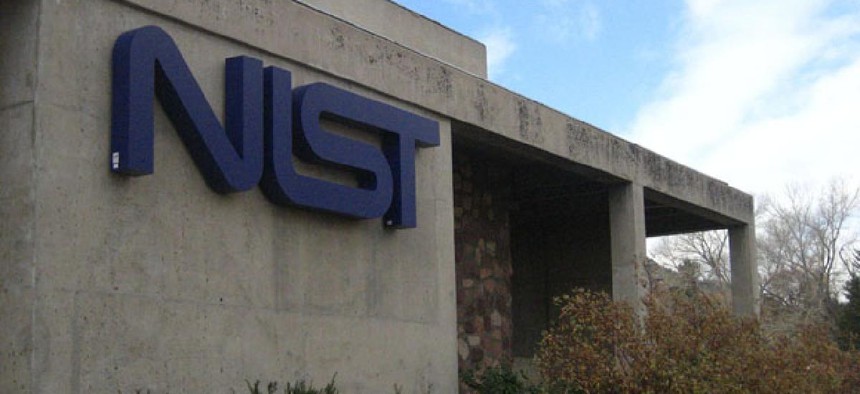
Flickr user anotherpintplease
Top NIST employees could see smaller bonuses in 2013
New policy is a result of fiscal belt-tightening across government.
Many top employees at the National Institute of Standards and Technology could see smaller bonuses as a result of upcoming changes to the agency’s personnel management system.
NIST is required to award to high-performing employees at the top of their payband bonuses that at least equal the increase those workers would have received if their salaries were not capped. A June 19 notice in the Federal Register eliminates the mandatory minimum bonus requirement for NIST, a response to fiscal belt-tightening governmentwide.
The change affects NIST employees in the agency’s alternative personnel management system who receive a rating of “superior contributor” or “exceptional contributor” in their evaluations and who have reached the top of their payband. Affected employees still are eligible for bonuses, in an amount determined by their supervisors.
The new policy would affect bonuses given out in fiscal 2013 for an employee’s job performance in fiscal 2012, said Gail Porter, director of NIST’s Public and Business Affairs Office.
About 36 percent of NIST employees who fall under the agency’s alternative personnel management system have caps on their salary because they are at the top of their payband, according to Jennifer Huergo, director of media relations in NIST’s Public and Business Affairs Office. NIST has a relatively low turnover rate among its career workforce, Huergo said. NIST’s personnel board recommended the change to the director “to allow the agency maximum flexibility for rewarding our highest-performing employees, while recognizing the need for restraining costs as much as possible in times of limited resources,” she added.
The agency in 2011 suspended the mandatory minimum bonus for pay-capped employees who received the top two performance ratings, in response to a 2011 memorandum from the Obama administration that directed agencies to review performance awards and other similar compensation in light of federal budget constraints.
The June 19 notice stated the change “seeks to ensure fiscal responsibility and budget accountability within the pay-for-performance component” of NIST’s alternative personnel management system. The amendment also reinforces an extended probationary period of up to three years for scientific and engineering career employees. Two court cases affected the agency’s ability to make full use of the probationary period; the change would allow NIST to use waivers to retain the extended probation. The agency favors a longer probationary period for workers in the scientific and engineering career path because “research results can often be difficult to evaluate in one year,” the notice said.
NIST’s alternative personnel management system started out as a demonstration project in the late 1980s and became permanent in 1997. Since implementing the system, the agency “is more competitive for talent, and NIST managers report significantly more authority to make decisions concerning employee pay,” the June 19 notice stated.
NEXT STORY: Federal wildfire fighters seek health benefits







